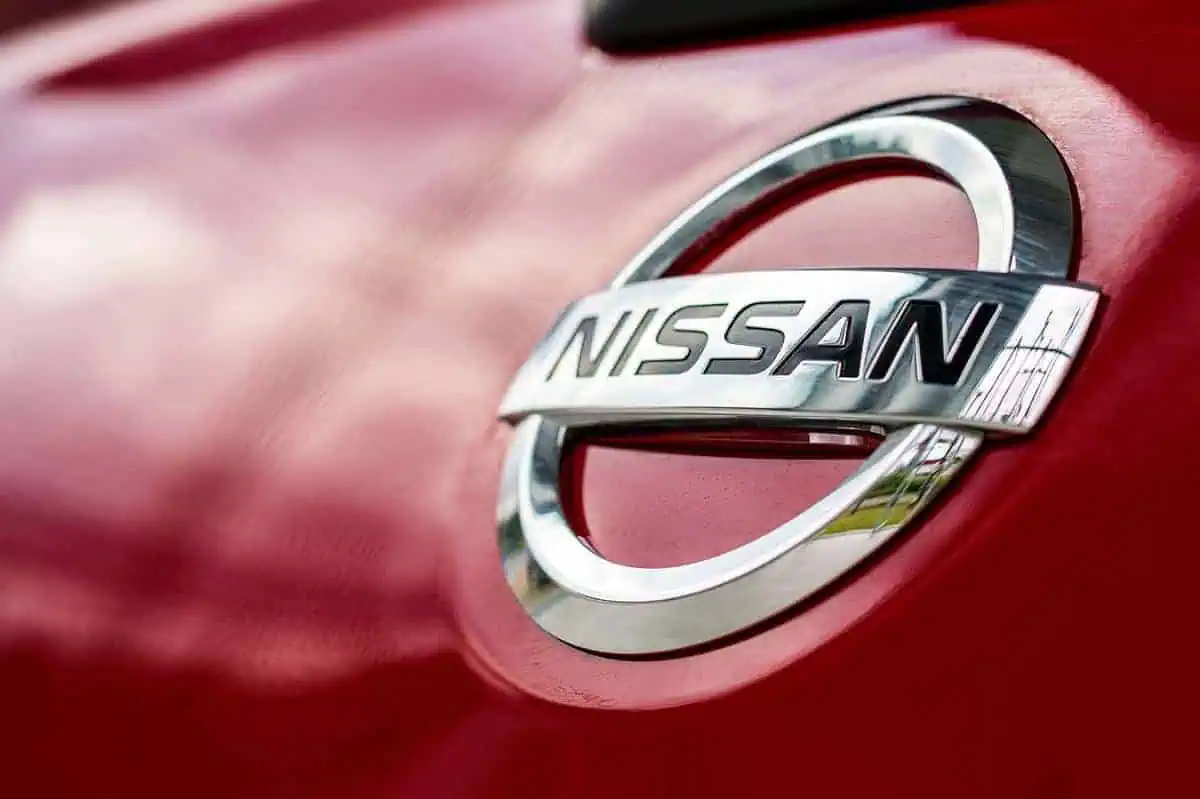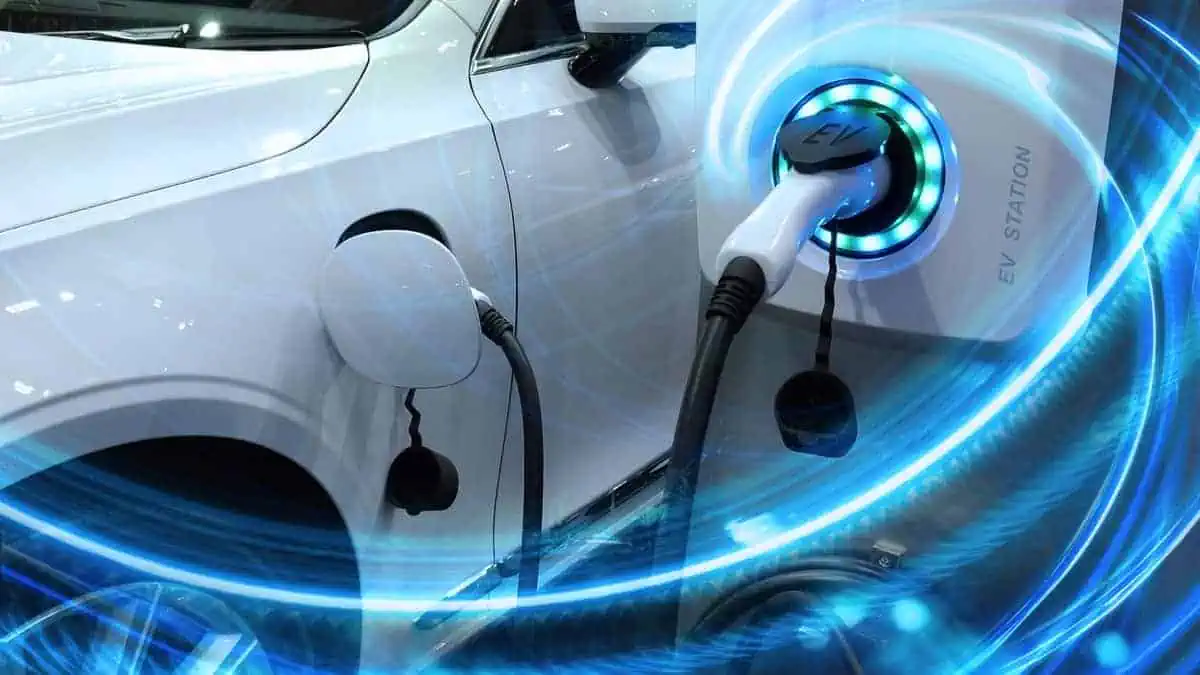Japanese legacy automaker Nissan plans to produce li-ion batteries with cheaper materials to lower overall electric vehicle costs. According to the media platform Nikkei Asia, Nissan aims to utilize the planned batteries in its EV models for emerging markets by 2026.
Nissan to manufacture LFP batteries for emerging markets
Nissan is currently developing its lithium-iron-phosphate (LFP) batteries in its research and development hub in Atsugi, Japan.
As part of its strategy to lower its electric vehicle pricing, the Japanese automaker is now considering producing the LFP batteries in-house in its Yokohama factory and other facilities.
For context, LFP batteries are approximately 20%-30% cheaper than li-ion batteries with NCM materials (nickel, cobalt, and manganese). Nissan expects that using this lower-cost battery will enable the company to reduce the overall cost of its offerings in emerging markets by 2026, putting it in direct competition with China’s BYD.
Although LFP batteries are way cheaper to produce, they also have lower energy density than NCM chemistry by about 20% to 30%.
Nonetheless, LFP batteries’ lower driving range than NCM could be competitive in current regions. The report noted that the automaker seeks partners to accelerate the development. It is also eyeing a potential procurement from outside the group.
Race in LFP batteries
Chinese EV and battery giant BYD has been leading the LFP battery manufacturing industry with more than 40% market share in China. In an effort to catch up, CATL recently introduced a new LFP battery model for electric vehicles.
It enabled the company to reduce the prices of its EV models, which resulted in high sales in the global market.
In Japan, Toyota and AESC Group are also exploring LFP battery production. However, they have yet to determine how to extend the driving range of the lower-cost battery chemistry.
International Energy Agency’s data revealed that new EVs equipped with LFP batteries surged from just 3% in 2019 to 27% in 2022. Notably, Chinese automakers utilize 95% of the country’s LFP battery production for electric vehicles. LFP batteries also exceeded NCM battery production in China in 2021. Considering the savings automakers gain from using LFP batteries, it is unsurprising that this battery chemistry became prevalent in the world’s largest auto market.
Nissan’s plans to leverage LFP batteries to lower EV costs and boost sales will play a crucial role in its goals to launch 27 electrified models by the end of the decade. Apart from LFP batteries, the Japanese automaker also plans to mass-produce solid-state batteries by fiscal year 2028.






